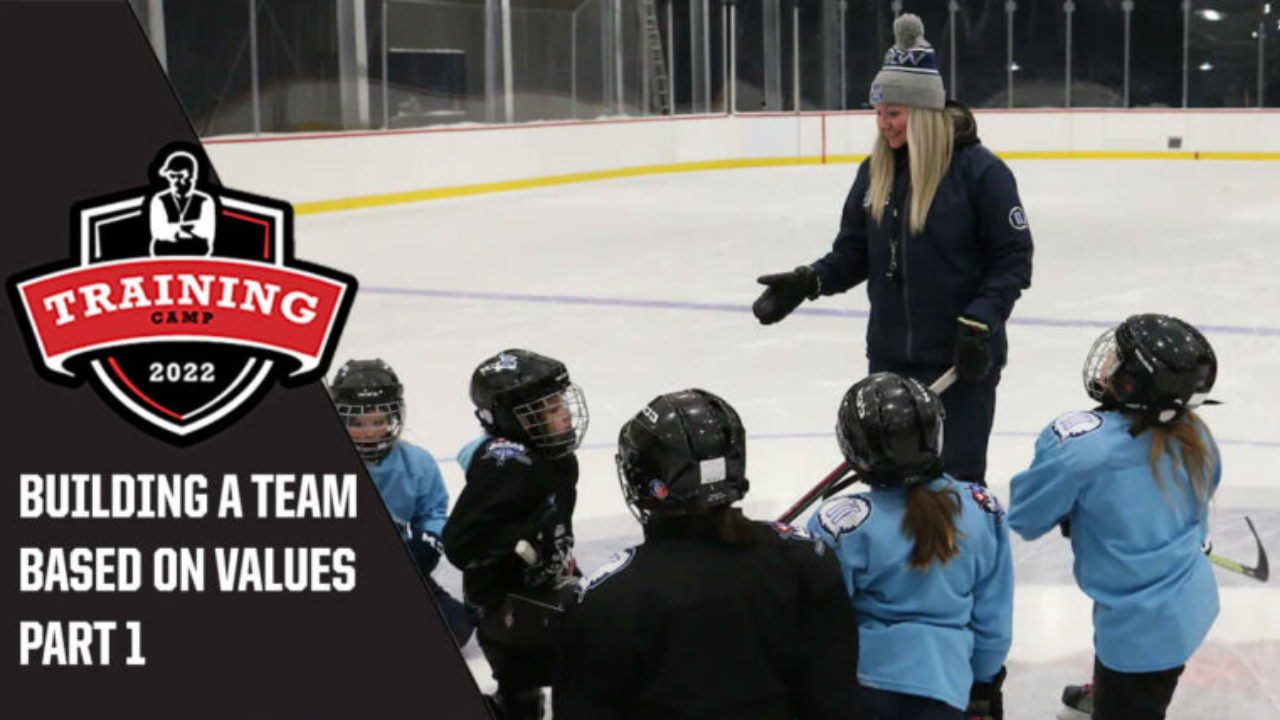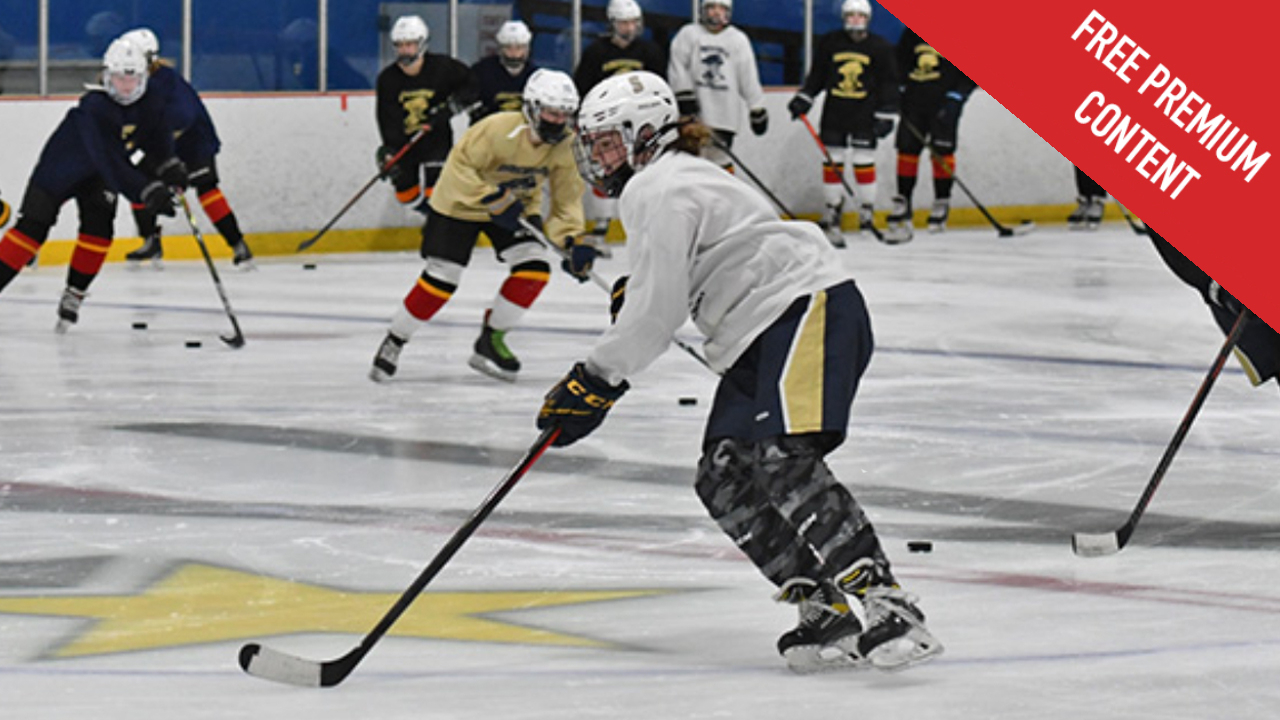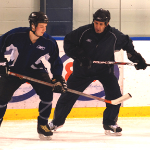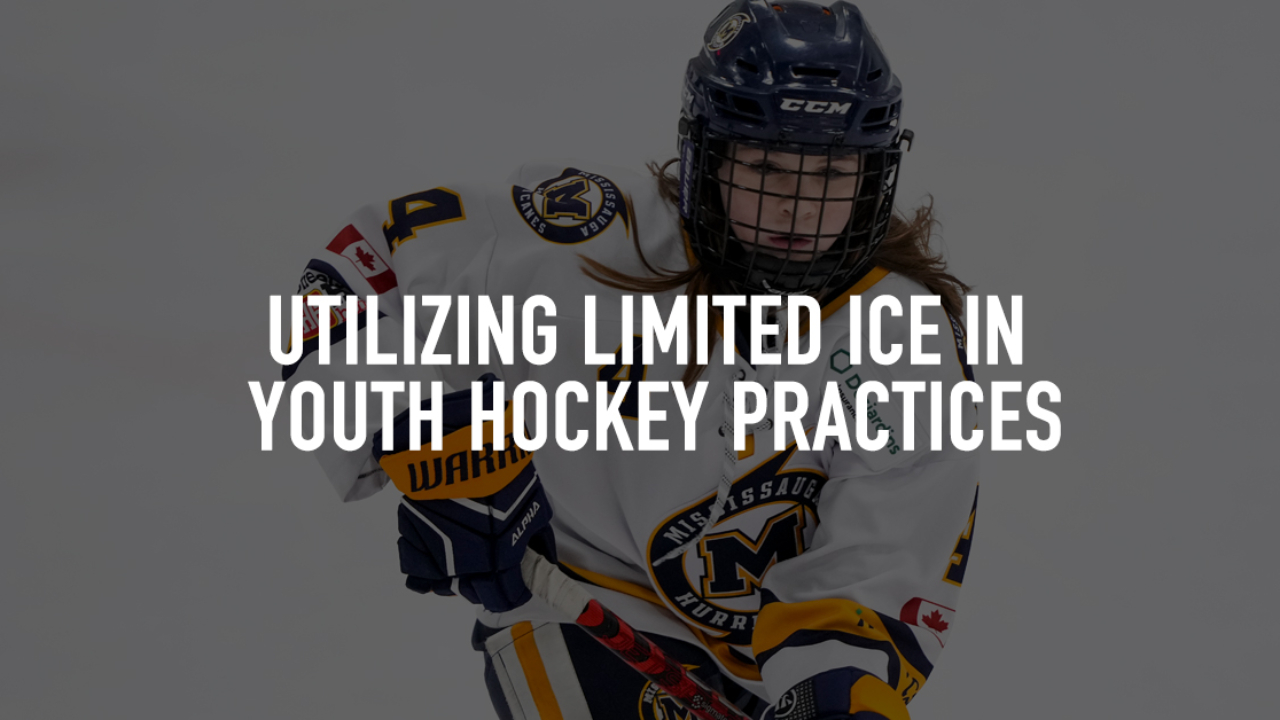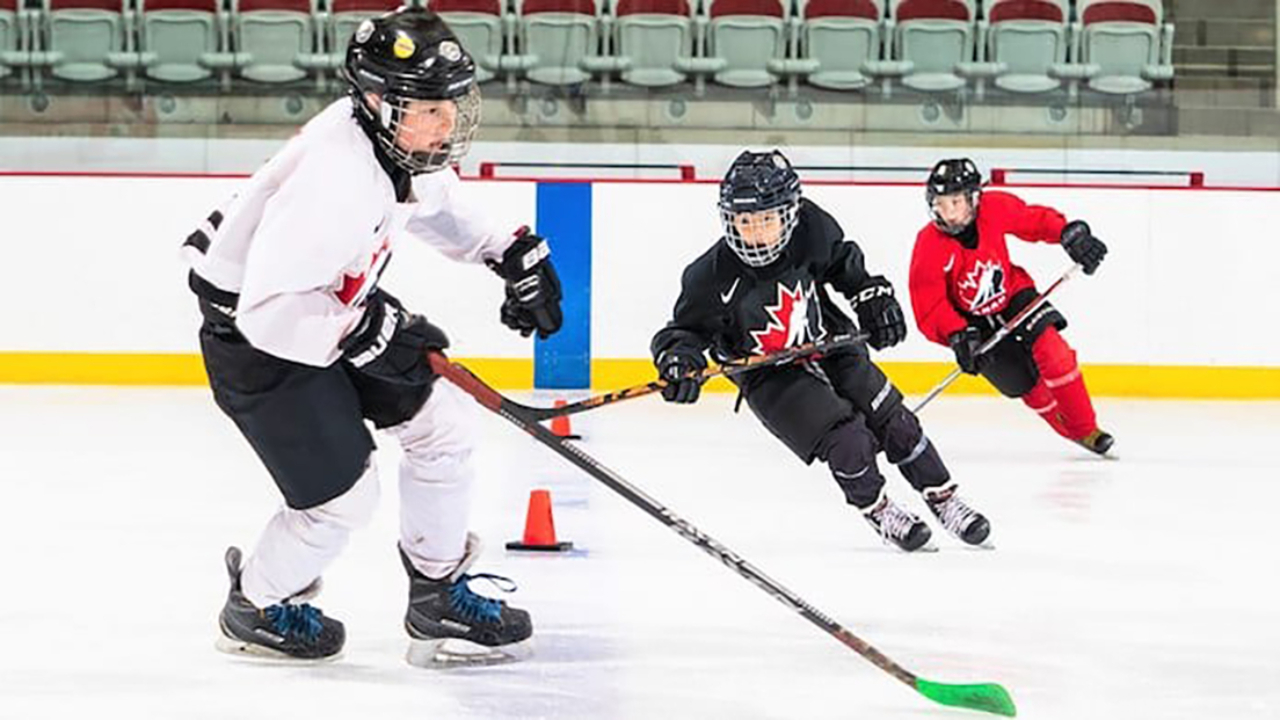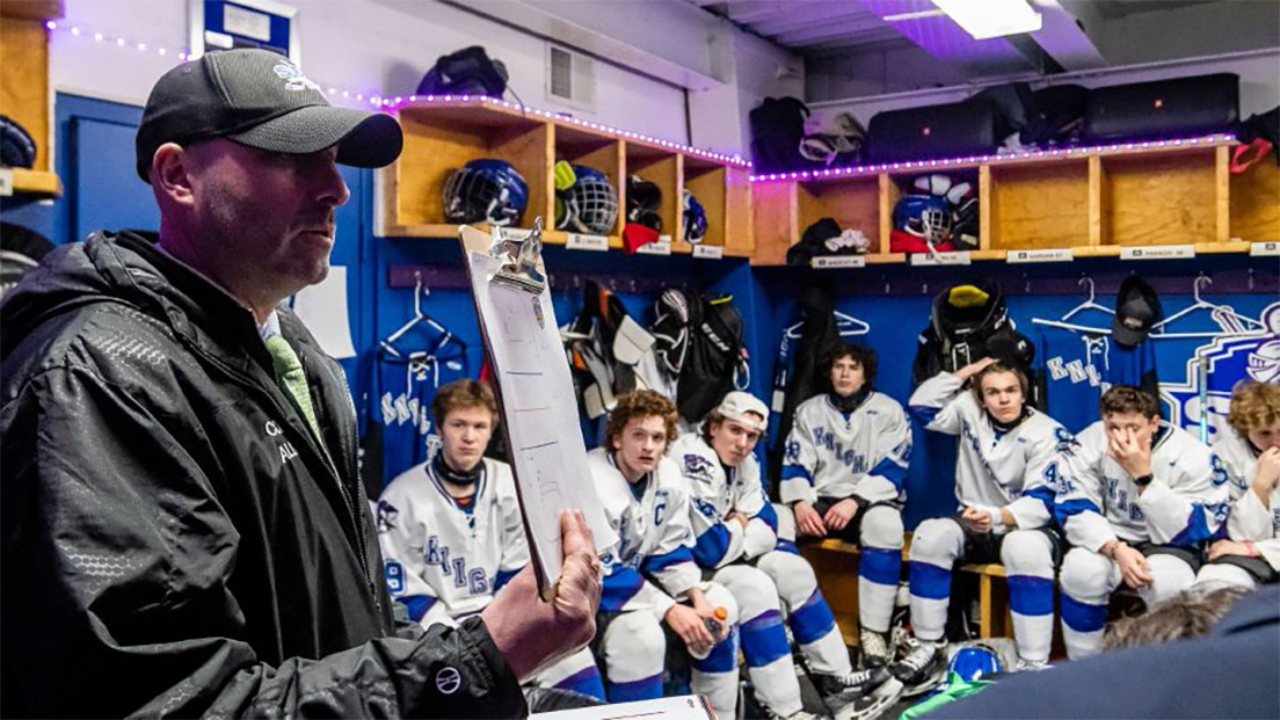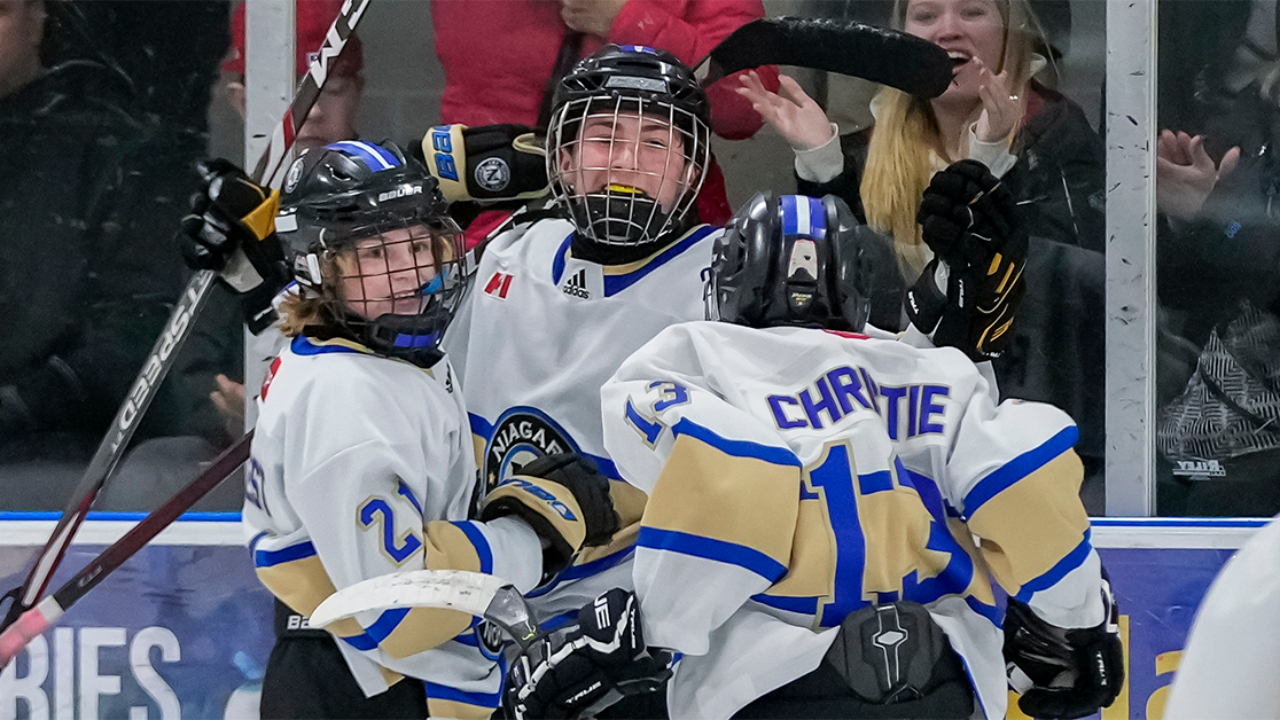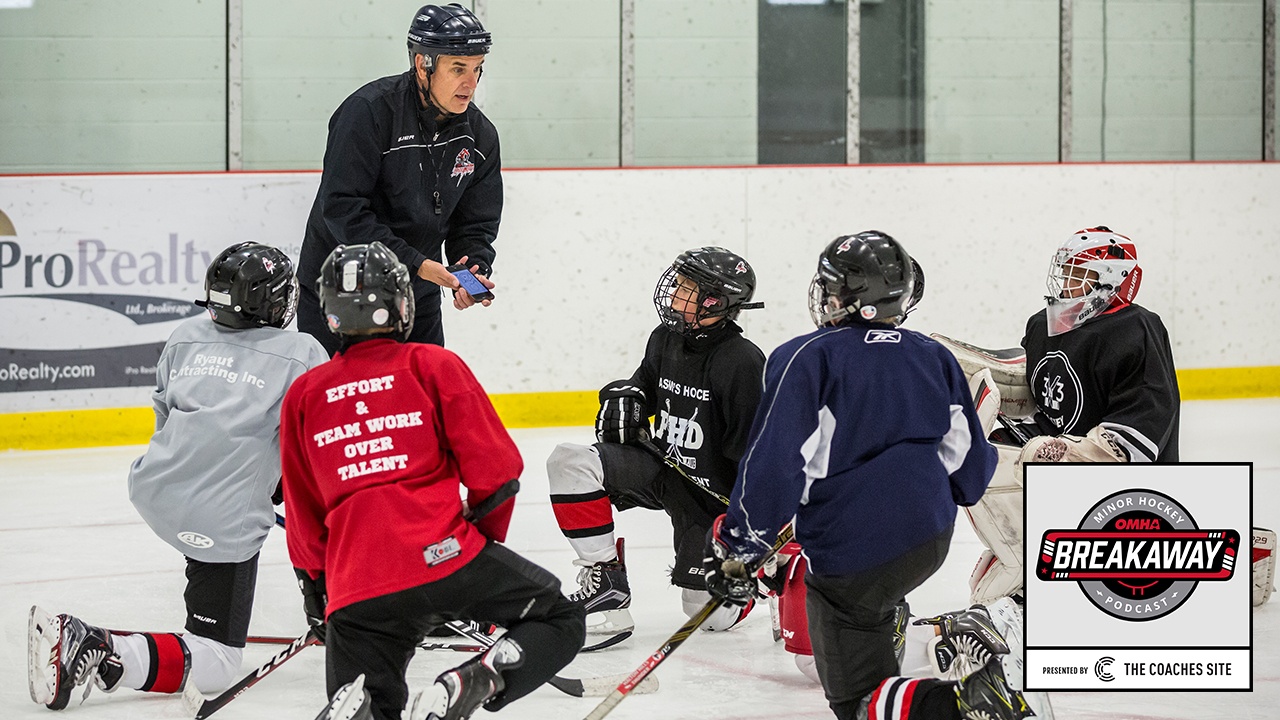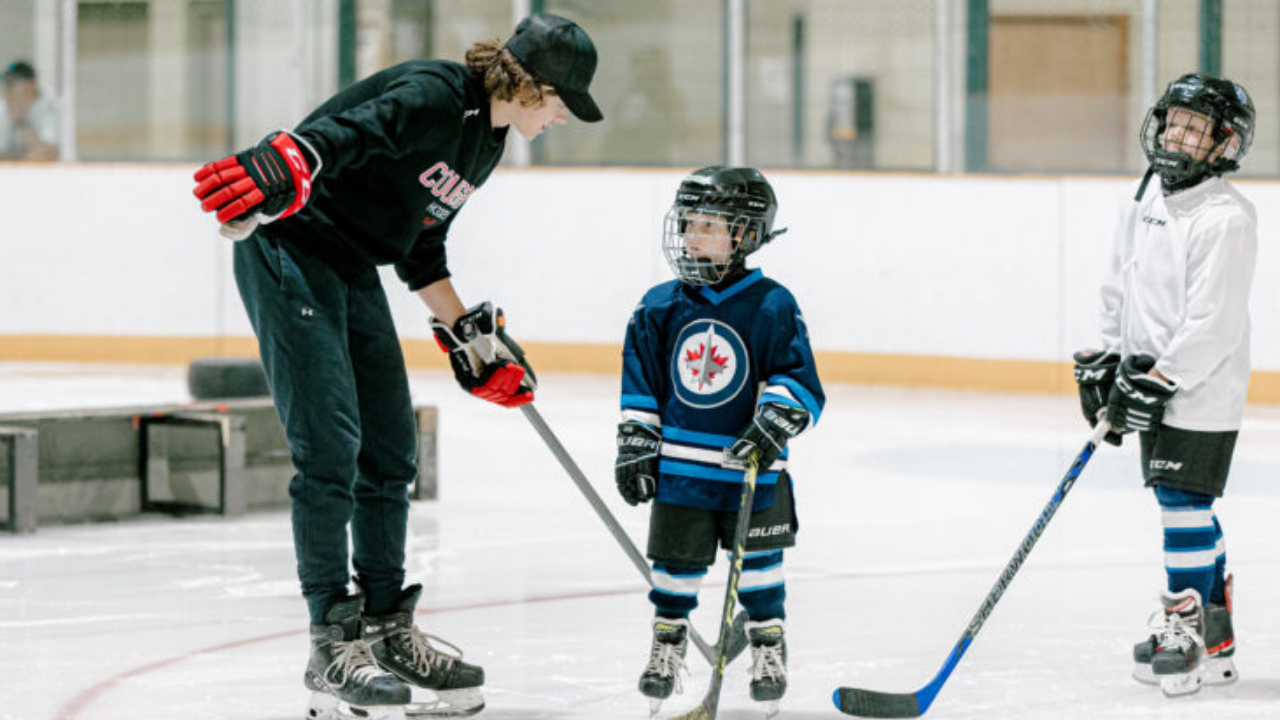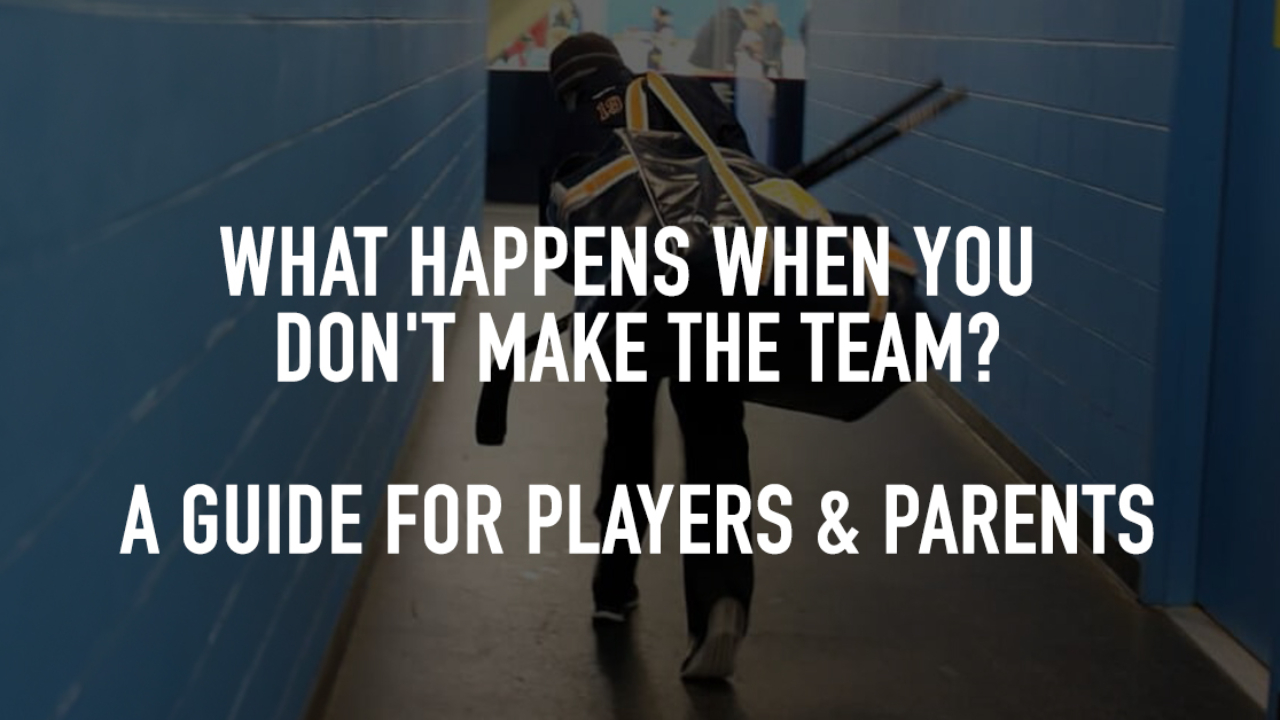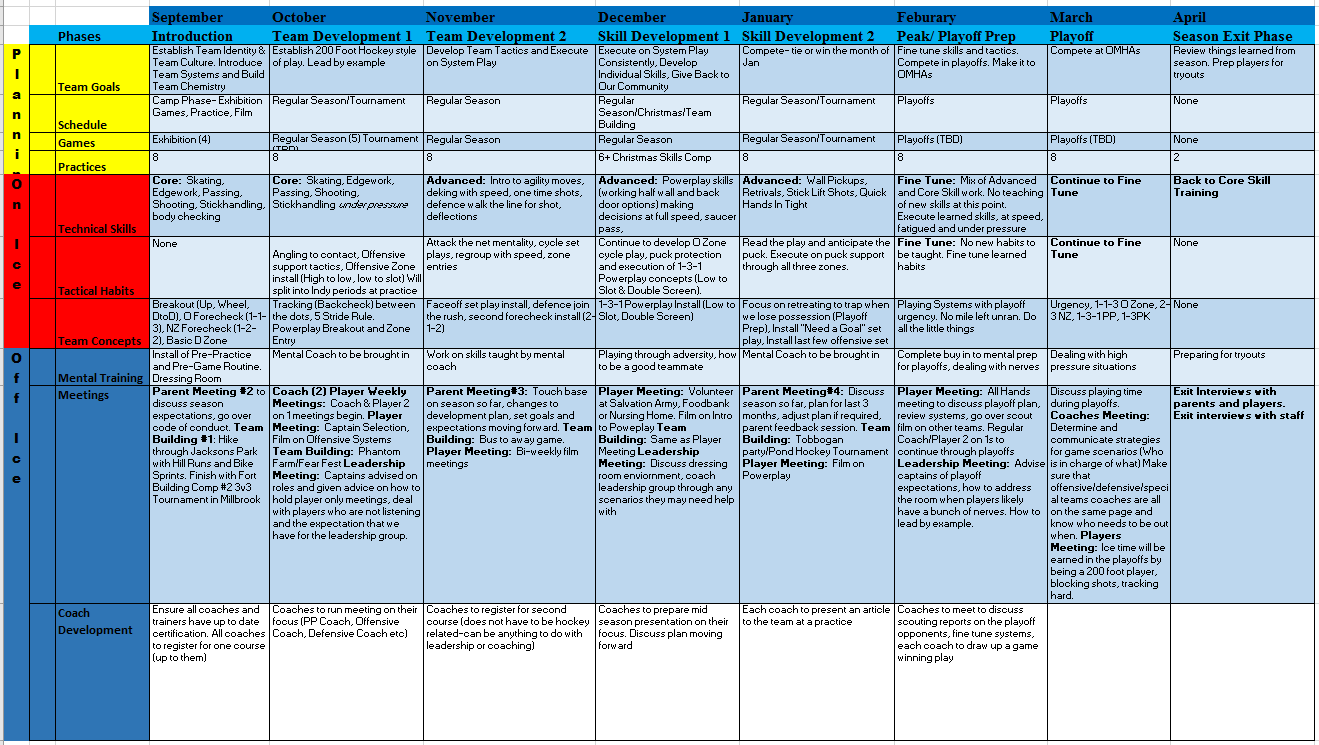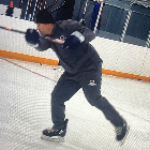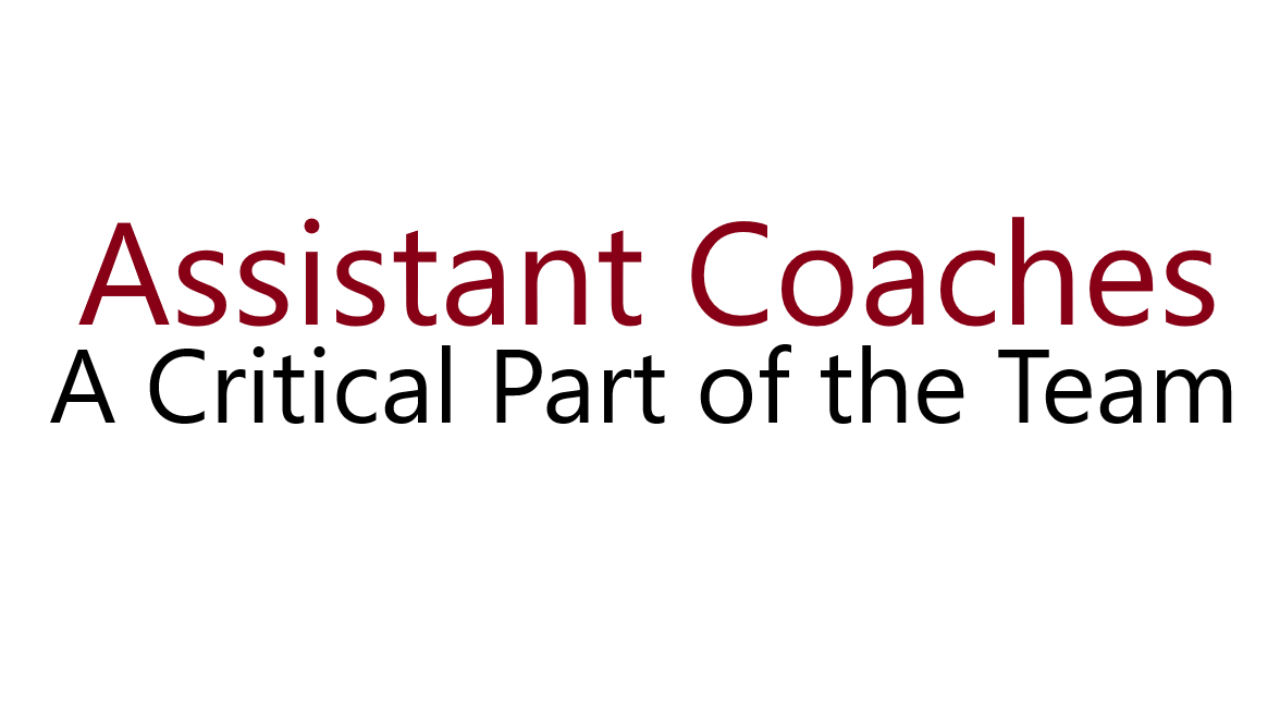
Often times, the role of the head coach is lauded by many. The head coach plays a critical role on the overall performance of the team. However, they can't accomplish their goals alone (well, at least not very well). The role of the assistant coach is just as important and a key to a team's success for the season.
What is the Fundamental Role of a Head Coach?
This is an article for assistant coaches, but I don't feel like you can truly see where I'm coming from without understanding my thoughts on the role of a head coach.
Whether folks want to believe or not, there's a hierarchy on the staff. At the top of that hierarchy for a team (not an organization) is the head coach. Think of this person as the executive. They'll have a direction, team philosophy, and a culture that they want to push. They might not be the one executing the actions. They might need to delegate. Ultimately, when decisions need to be made, they must make the decision. Practice plans, game plans, etc. Those ultimately fall to the head coach. Once again, they can delegate or share these responsibilities as they see fit.
What About Assistant Coaches?
The fundamental role for an assistant coach is to help the head coach execute their plans. Communication is key here. Based on what the head coach is looking for, you need to respond with their overall vision in mind. This is not a role where you can let your ego get in the way and be successful.
You might have your own ideas as to team direction and the like. You should share those ideas with the head coach, and the head coach - as the decisions maker - can choose to bring those ideas into the fold. This communication is key to building trust among the coaching staff. Once again, if they don't incorporate your ideas, don't let it get to your ego.
Additionally, the head coach should tell you what they could use help with. Hopefully, they have enough self-awareness to understand where they aren't as strong. Those are the spaces they will most likely ask others to help out with. Maybe they aren't as good at teaching skating or shooting fundamentals, but they understand other facets of the game really well. Be willing to jump in and help with those areas.
Preparing for Practice
As an assistant coach, you should know the practice plan. Your preparation makes huge impact on the overall flow of the practice. This includes: understanding the practice plan and the order the drills will be run, the intent of the drills, tear-down and timing, etc.
Why are these things important? At a basic level, information helps the head coach make choices on team direction. The best way for the head coach to get this information is to watch the drills and gather information on how the drill is going overall. The might be able to identify areas that players need help, or maybe the identify an adjustment they want to make to a drill. In order to do that, they need assistants that can run the drills. Your preparation as an assistant makes the head coach's job easier. If you don't know the plan and understand its goals, the head coach will have to spend time managing you and not the players.
If you have questions, the best time to ask is when you have them when a practice plan goes out. The next best time is before the start of practice. One of the worst times is in the middle of practice, but the worst is to not ask at all and bungle a drill. There aren't dumb questions. Once again, don't let your ego get in the way. If something isn't clear, the head coach will probably appreciate the question. It might lead to further clarification the players also would've misunderstood.
Also, you should feel empowered to recommend drills and give input/feedback on the plan. The head coach isn't infallible. I don't care what level they coach or their experience; they can't have a successful season alone. These are great opportunities for you to grow as coach and build trust with the head coach. These recommendations should always come from the space of help and not spite or "I know better than you" mentality.
During Practice
This is where the preparation pays off. You understand the drills and the goals of practice. You need to be able to setup the next drill in between drills. You also might need to draw up a drill (either in the locker room or on the ice). Understanding of the practice plan is key to a smooth practice.
You'll also build relationships with the players during practice. There might be guidance you can provide if you notice a player struggling. That also requires understanding the intent of a drill.
You're also another set of eyes for the head coach. They can't see everything. If you notice something not going correctly with drill or other observations, that information can help the head coach make adjustments to the plan mid-practice. Maybe they decide to slow things down, make the drill more challenging, or any other number of adjustments. All of this depends on your preparation and the trust you've built up with the head coach.
Game Time
Game time includes preparation before you even get to the rink. Have lines been discussed? Does the head coach prefer to make the choices for the line-up or will they ask your opinion? What roles will each person play on the bench? What about for pre-game? Who handles an on-ice injury?
This also boils down to good communication between all of the coaching staff for a team. It's critically important for a head coach to delegate these roles amongst the staff on the bench and in the stands. Be willing and ready to perform the role needed to help the team.
You should share your observations with the head coach. It might lead to changes in strategy or tactics. Maybe the lines need to be adjusted because something isn't working with a set of forwards or defensive pair. Maybe a player is just having an off day, or maybe they're having an amazing game.
This last part for game time isn't really limited to the assistant coaches. Keep the bench positive! I'm not talking about toxic positivity. I'm talking about negativity on the bench like players getting on each others' cases, or a sour attitude. That mentality spreads like a disease quickly and is something the entire bench should commit to keeping at bay. People have bad days, but we need to recognize those instances and help keep it in perspective.
Conclusion
These are all my own observations over years as an assistant. These are hard-learned lessons that can make an overall impact on the season. During my earlier years, I don't think I understood how important the role is. If you approach the season with an open mind and a willingness to help execute, the season will be better.
The game is about the players. The preparation you do as an assistant coach has a huge impact on what those players learn and how they remember the season.
Lastly, don't forget that this should be fun for you too. These players are learning and growing from you. You can be a positive role model, and that often ends up being more important than anything else you do. If the players see you coming to the ice with a love of the game on your face, it has a lasting impact.
I wish you all luck in your coming season. May your players learn and grow!

